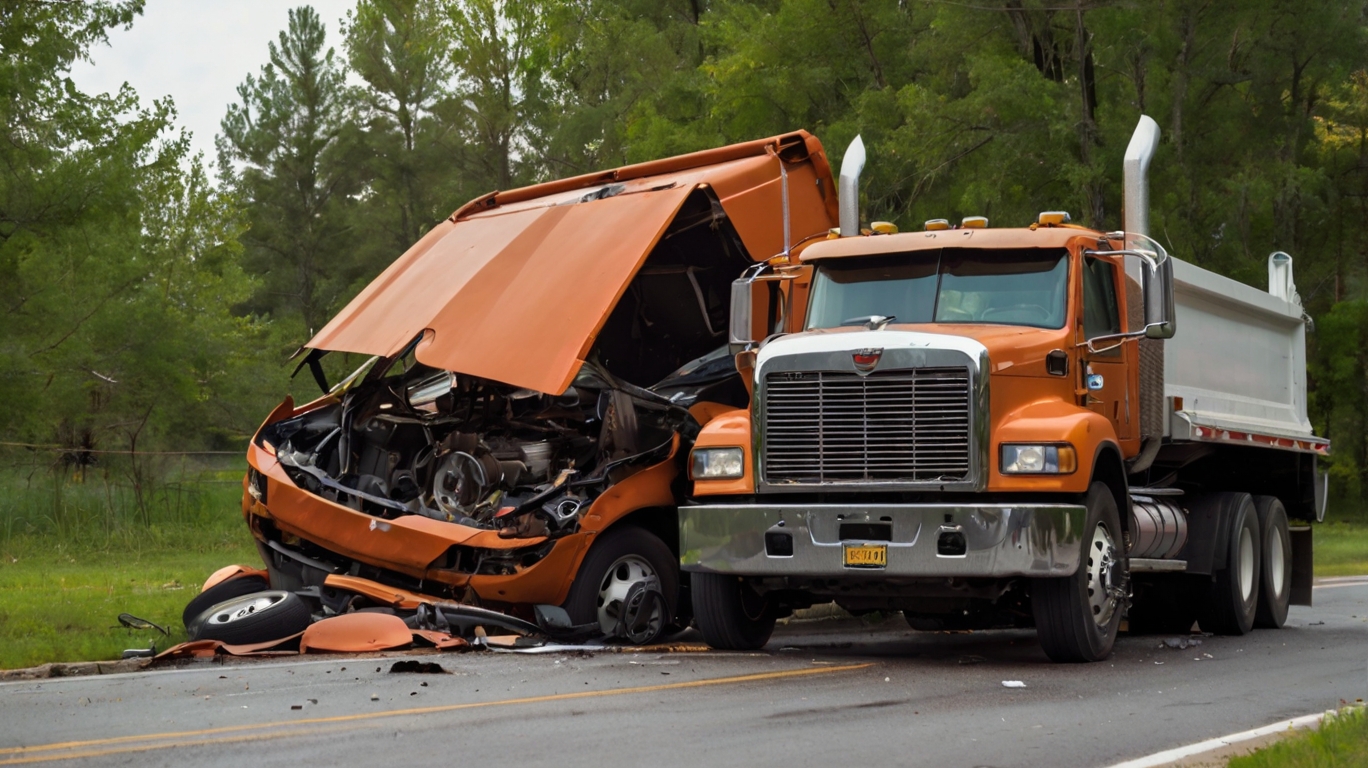Truck Accident Insurance Claim: A Comprehensive Guide
In the unfortunate event of a truck accident, understanding the intricacies of a truck accident insurance claim can be overwhelming. This comprehensive guide aims to provide you with detailed insights into the process, ensuring you are well-informed and prepared to navigate the complexities involved.
Understanding Truck Accident Insurance Claims
What is a Truck Accident Insurance Claim?
A truck accident insurance claim is a formal request made by the victim of a truck accident to the insurance company for compensation. This compensation covers various damages such as medical expenses, vehicle repairs, lost wages, and other related costs. Truck accidents are often more severe than regular car accidents due to the size and weight of the vehicles involved, leading to substantial claims.
Types of Truck Accident Insurance Coverage
Truck insurance policies are typically more comprehensive than standard car insurance policies. Here are the main types of coverage:
- Liability Insurance: Covers damages and injuries caused to other parties in an accident.
- Collision Coverage: Pays for damage to your truck resulting from a collision.
- Comprehensive Coverage: Covers damages to your truck from non-collision-related incidents such as theft, fire, or natural disasters.
- Medical Payments Coverage: Covers medical expenses for you and your passengers.
- Uninsured/Underinsured Motorist Coverage: Protects you if the other driver is at fault and lacks sufficient insurance.
Steps to Take After a Truck Accident
1. Ensure Safety and Seek Medical Attention
Your health and safety are paramount. Ensure you and others involved are safe and seek immediate medical attention, even if injuries seem minor. Some injuries may not be immediately apparent.
2. Report the Accident
Notify the police and your insurance company as soon as possible. A police report is a crucial piece of evidence in any insurance claim.
3. Gather Evidence
Collect as much information as possible at the scene. This includes:
- Photos of the accident scene, vehicle damage, and any visible injuries
- Contact information of all parties involved
- Witness statements and contact information
- The truck driver’s information, including their employer and insurance details
4. Contact Your Insurance Company
Inform your insurance company about the accident promptly. Provide them with all the collected evidence and details to initiate the claims process.
The Claims Process
1. Filing the Claim
When filing a truck accident insurance claim, provide comprehensive and accurate information. This includes:
- The police report number
- Detailed descriptions of the accident
- Photos and evidence collected at the scene
- Medical reports and expenses
2. Investigation by the Insurance Company
The insurance company will investigate the claim, which may involve:
- Reviewing the police report and witness statements
- Inspecting the vehicles involved
- Assessing medical records and treatment plans
3. Determining Fault
Determining fault in a truck accident can be complex due to various factors such as driver negligence, vehicle maintenance issues, and road conditions. Both insurance companies and legal authorities may be involved in this process.
4. Settlement Offer
After the investigation, the insurance company will make a settlement offer. This offer should cover all damages and losses incurred. It is crucial to review the offer carefully and negotiate if necessary. Consulting with a legal expert can be beneficial at this stage.
Common Challenges in Truck Accident Claims
1. Disputes Over Liability
Liability disputes are common in truck accident claims. Multiple parties, including the truck driver, trucking company, and vehicle manufacturer, may share responsibility. Thorough documentation and expert legal advice are essential.
2. Insufficient Coverage
In some cases, the at-fault party’s insurance coverage may be insufficient to cover all damages. This is where uninsured/underinsured motorist coverage becomes vital.
3. Delayed Settlements
Insurance companies may delay settlements, hoping claimants will accept lower offers. Persistent follow-up and, if necessary, legal intervention can expedite the process.
Tips for a Successful Truck Accident Insurance Claim
1. Document Everything
Maintain detailed records of all communications, medical treatments, and expenses. This documentation is crucial for substantiating your claim.
2. Be Cautious with Statements
Be careful about what you say to insurance adjusters. Avoid admitting fault or downplaying your injuries. Stick to the facts and consult with your attorney before making statements.
3. Consult with a Legal Expert
Truck accident claims can be complex, and having an experienced attorney can significantly improve your chances of a successful claim. They can help negotiate with insurance companies and represent your interests.
4. Understand Your Policy
Familiarize yourself with your insurance policy details. Knowing the extent of your coverage helps set realistic expectations and prepares you for the claims process.
The Role of Legal Assistance in Truck Accident Claims
Why Legal Help is Essential
Truck accident claims often involve significant amounts of money and complex legal issues. An attorney specializing in truck accidents can:
- Evaluate the merits of your claim
- Handle communications with insurance companies
- Ensure all legal procedures are followed correctly
- Represent you in court if necessary
Choosing the Right Attorney
When selecting an attorney, consider their experience, reputation, and success rate in handling truck accident claims. A good attorney will work on a contingency fee basis, meaning they only get paid if you win your case.
Conclusion
Navigating a truck accident insurance claim requires diligence, thorough documentation, and often, legal assistance. By understanding the process and taking the necessary steps, you can ensure you receive the compensation you deserve for your injuries and losses.
